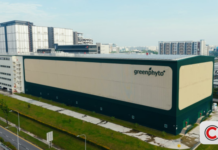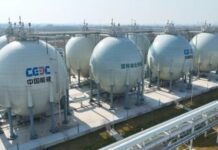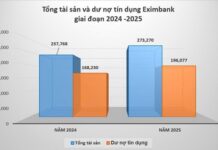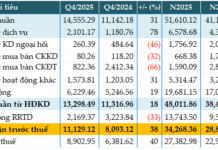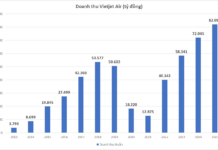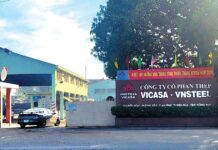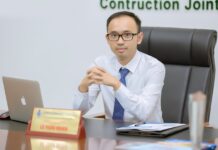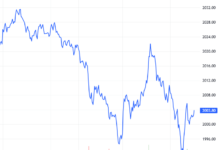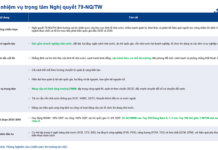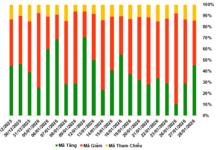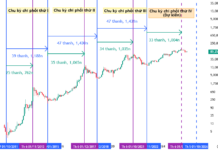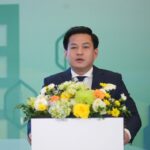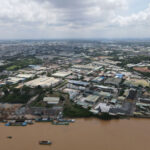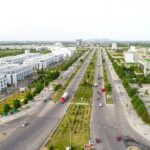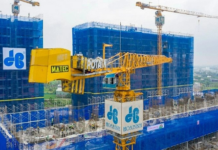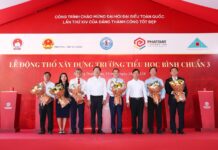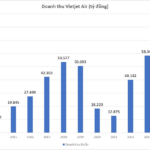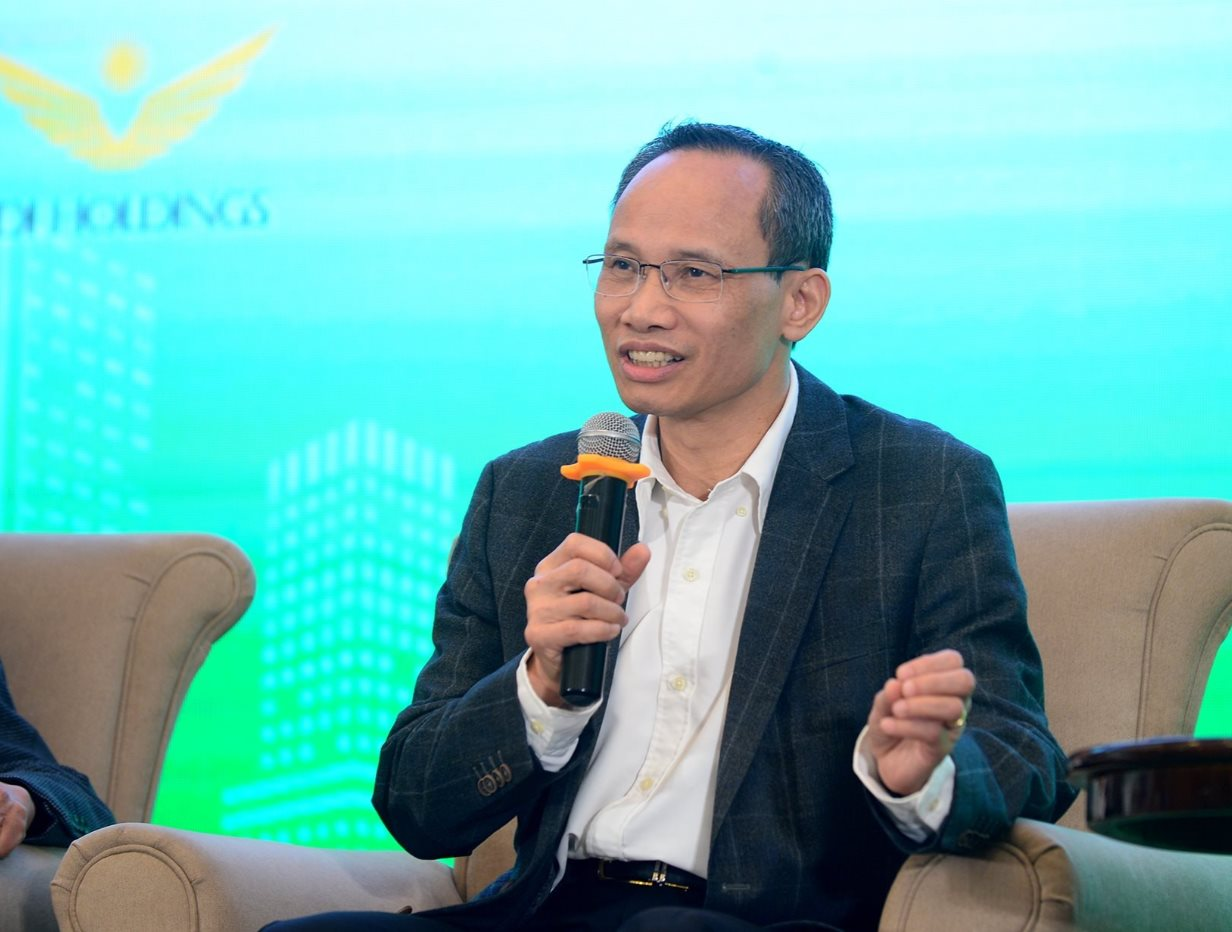
Speaking at the Sustainable Development Forum for the Real Estate Market, Dr. Can Van Luc, Chief Economist of BIDV, shared that the real estate market has witnessed more positive changes compared to the previous period.
Analyzing the six factors influencing the real estate market, Dr. Luc stated that the macro-economy has entered a stable period, with inflation rising within controllable limits. Vietnam’s interest rates remain low, and the exchange rate is gradually stabilizing. Additionally, the government’s budget deficit, public debt, foreign debt, and repayment obligations are within the limits permitted by the National Assembly.
Regarding institutional and legal aspects, Dr. Luc noted that legal obstacles are gradually being removed, and the institutional framework is being refined. Several related laws have been passed and have come into effect, and numerous decrees and policies have been issued, forming the basis for entering a new phase. Planning at all levels has been improved, and public investment and infrastructure development have been promoted. The most challenging phase for financial obligations has passed, and access to capital has been maintained.
In terms of legal aspects, there has been a vigorous implementation process led by the National Assembly and the strong involvement of local authorities. However, some localities and a number of ministries and sectors have yet to issue guiding decrees and circulars.
“It can be seen that Vietnam has been and is continuing to recover the real estate market towards a more sustainable direction,” Dr. Luc assessed.
According to Dr. Luc, the most important new development is the land pricing based on market principles, which facilitates land valuation closer to market prices. This addresses the issue of dual pricing, forming the basis for compensation, site clearance, financial obligations to the state, real estate pricing, investment project cost-benefit calculations, and clear definitions of the responsibilities of related parties.
However, Dr. Luc emphasized that applying land prices closer to market prices could lead to increased land use costs, resulting in higher land prices, selling prices, and real estate rental rates compared to the previous land price framework. It is anticipated that after the official implementation of the new land price framework in 2026, land prices in some localities may increase by 2-7 times compared to the current framework.
Essentially, capital flows into the real estate sector remain relatively stable compared to the previous period. According to the State Bank of Vietnam, in 2023, real estate credit increased by nearly 12% compared to the end of 2022. This increase primarily benefited the investment and business real estate segment (up 35.4%), while lending for home purchases rose by 1.1%. Thus, capital demand is concentrated on the supply side of the market, catering to real estate developers and investors. In contrast, there is a lack of demand for loans among the population for home purchases.
Other capital flows also exhibited positive growth, such as FDI. By the end of October 2024, newly registered, supplemented, and purchased capital contributions reached $5.23 billion (accounting for 19%), and disbursed capital reached $1.56 billion (accounting for 8%). Corporate bond issuance for real estate increased by approximately 52% in the first ten months.
Nevertheless, Dr. Luc pointed out that the domestic and international contexts still pose risks and challenges to the recovery of the real estate market. These include slow global economic growth, sluggish public investment disbursement without significant breakthroughs or evenness, and persistent difficulties for enterprises regarding legal issues, financial obligations, and high input costs. The recovery of the corporate bond market and the real estate market is slow, and real estate prices are high and rising rapidly in the apartment, land lot, and some regional segments.
Therefore, Dr. Luc recommended that real estate enterprises resolutely restructure and focus more on their strengths while controlling cash flow risks, interest rates, and maturing debts to overcome financial difficulties.
Additionally, he suggested paying greater attention to the development of social housing. Currently, mechanisms and policies are prioritizing social housing development. Thus, all parties should join hands to promote social housing, with enterprises proactively exploring and accessing relevant programs and diversifying capital and product sources to bring real estate prices to more reasonable levels.
Furthermore, according to Dr. Luc, the US presidential election and the return of Donald Trump will have significant implications. Therefore, enterprises should be mindful of external fluctuations to proactively adapt their strategies accordingly in the coming time.
The Year-End Real Estate Market: A Resurgence to Remember, Ushering in a New Era of Growth
Mr. Hoang Hai, Director of the Department of Housing and Real Estate Market Management under the Ministry of Construction, observed that towards the end of the year, the real estate market demonstrated a positive recovery and embarked on a new cycle characterized by enhanced safety, improved health, and increased sustainability.
Unleashing the Potential: Unveiling the Vision for Bien Hoa Industrial Zone’s Transformation
The competition boasts a total prize pool of VND 2.3 billion, including a grand prize of VND 900 million and a first runner-up prize of VND 500 million.


